On Thursday, the 28th of March Amateur Cities organised a housing debate Alternatives to Ownership at the Independent School for the City in Rotterdam. During the evening, we discussed ways out of the housing crisis and how to diversify forms of home ownership in the future.
| In het Nederlands hieronder |
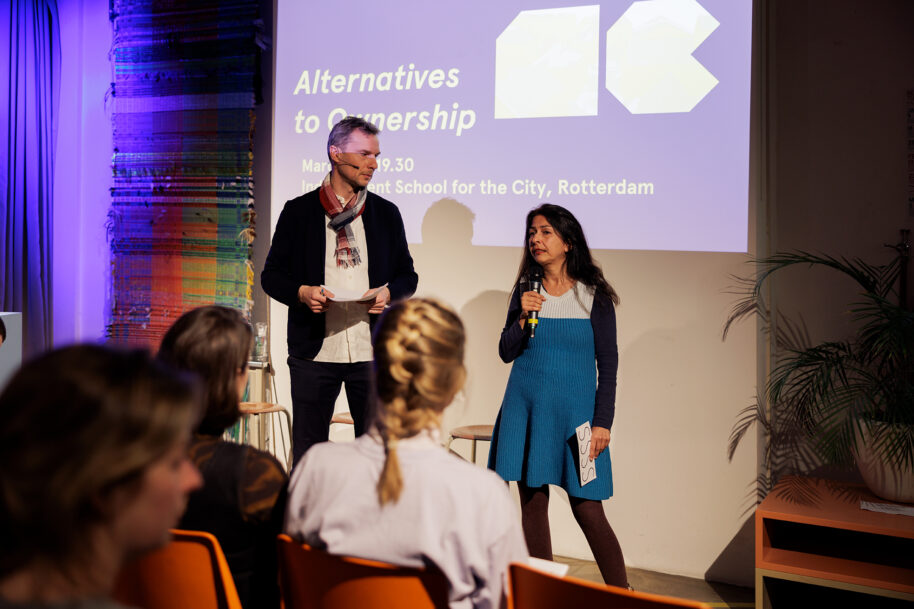
The debate Alternatives to Ownership was the last of three public events on the theme Anders werken aan wonen (Working Differently on Housing) organized by Amateur Cities, as part of the program under the same title of the Creative Industries Fund NL. Fifteen research projects developed within this program offer innovative design approaches to housing. During the events, prominent speakers from the field, the research teams, and the public discussed one of the biggest spatial issues in the Netherlands: the housing crisis and how to tackle it.
During the debate on the 28th of March, we discussed subjects that emerge from projects Chances for the Community Land Trust model in the Netherlands by And The People, The housing cooperative: Learning from… Germany by Marieke Kums, Designing Solidarity by Lukas Engelhart and The Soft Map of Oostenburg by Urhahn Urban Design. We explored what possibilities exist beyond the dominant forms of home ownership. And addressed old and new ways to organize housing around sharing or the commons, including housing cooperatives, co-housing, co-living, Community Land Trusts, and squatting, but also how to create and maintain a sense of ownership in the living environment.
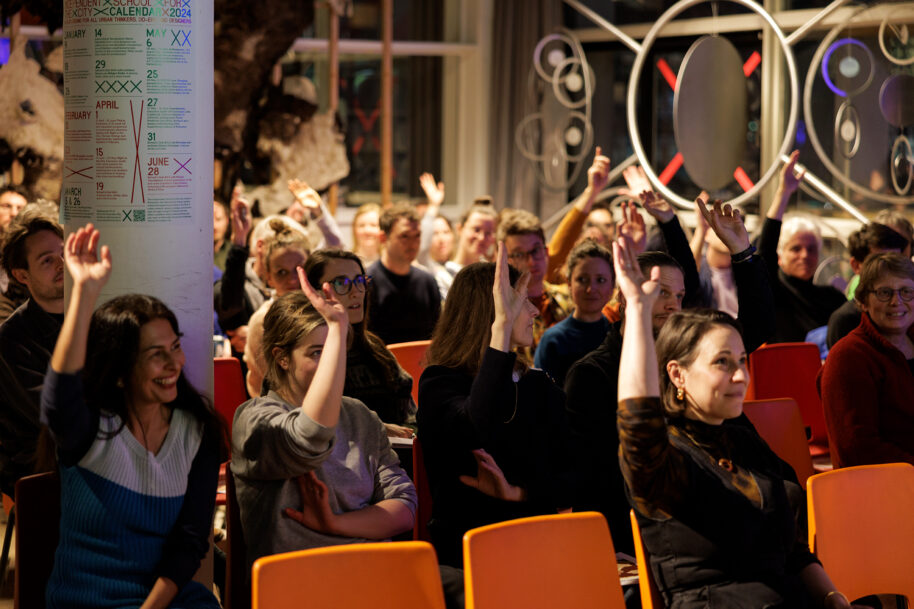
We took a closer look at two examples from the field, accompanied by a contextual perspective. Researcher Thieme Hennis shared his vision for the development of Community Land Trusts in the Netherlands and architect Marieke Kums sketched various hybrid forms of cooperative housing. They both explored how these forms of ownership can grow from being an ideal to a lived reality, by addressing aspects of financing, legislation, and systems of organization. Federico Savini, Associate Professor at the University of Amsterdam, reflected on the future of housing from the perspective of de-growth in spatial planning. In a closing conversation moderated by Chris Luth, the speakers and the audience reflected on what can be done now to broaden the available spectrum of different forms of home ownership.
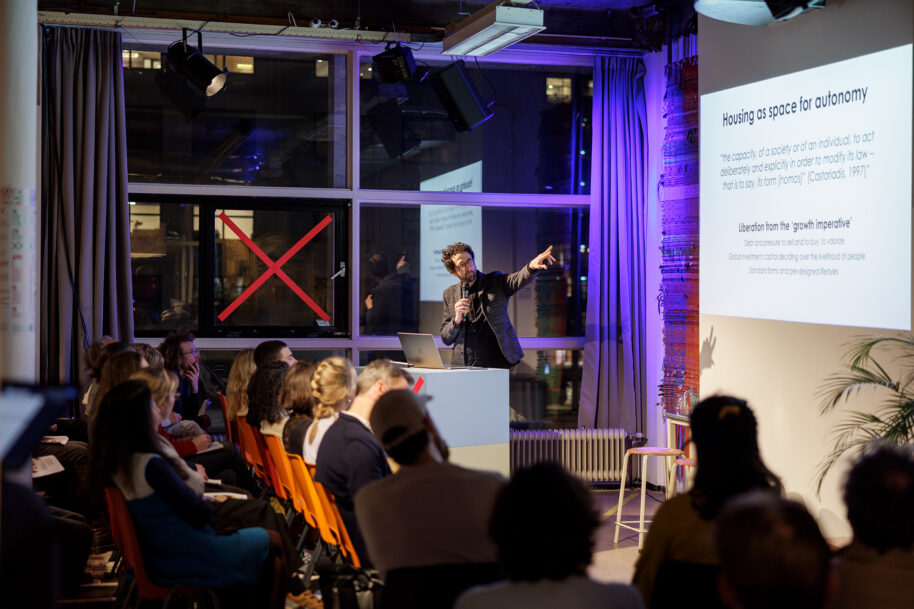
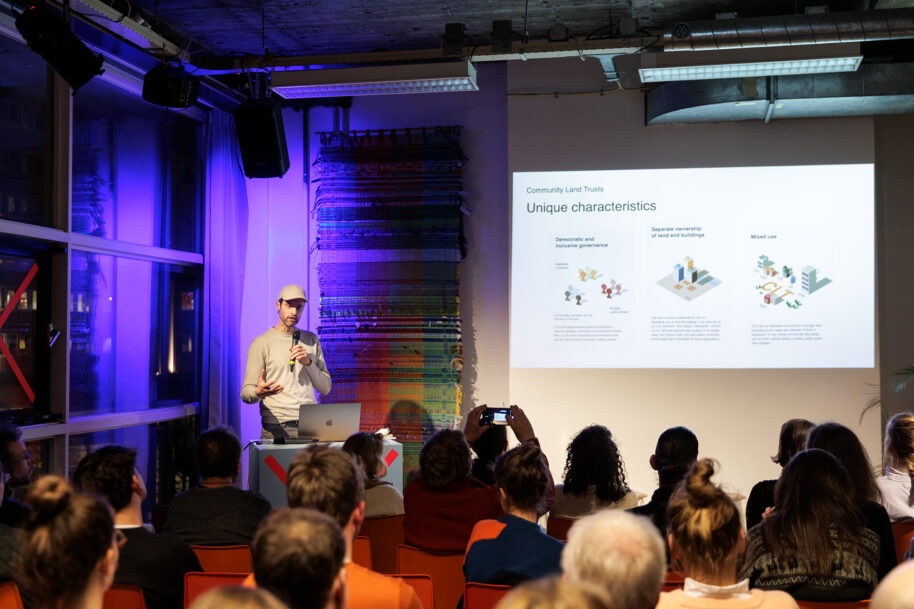
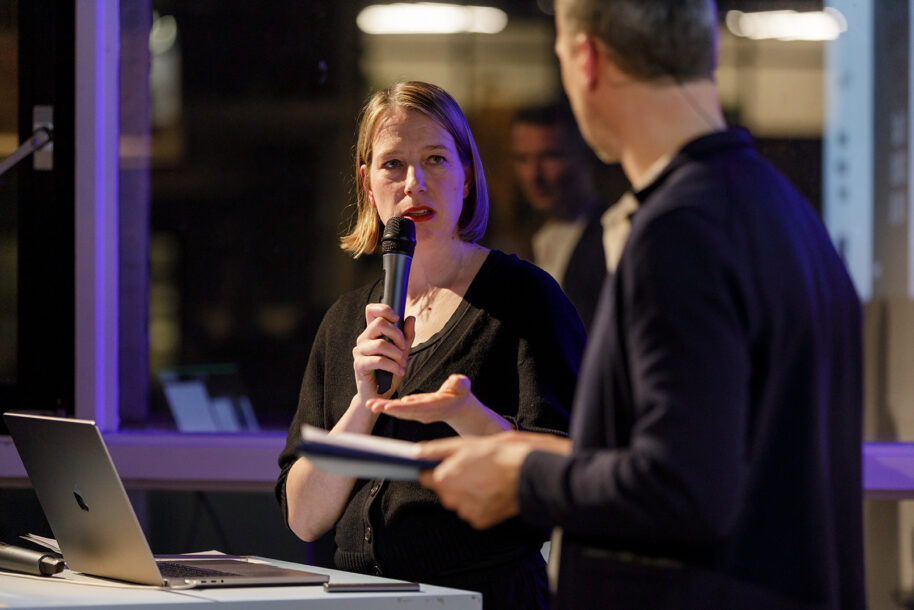
Speakers
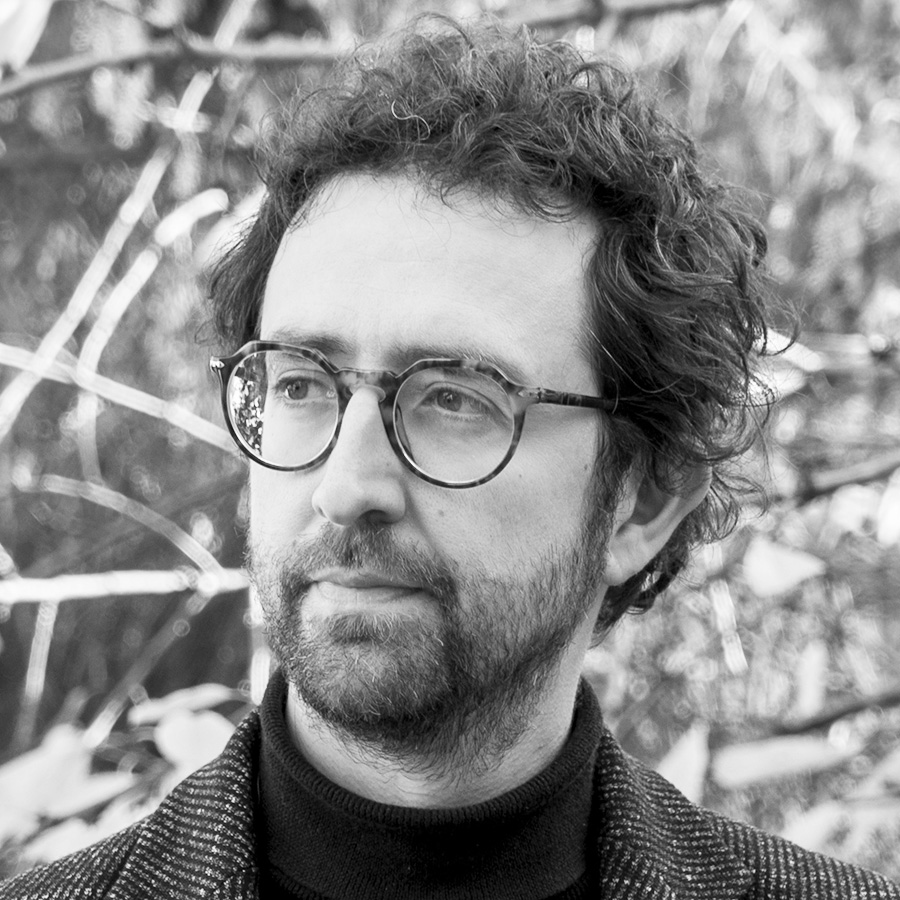
Federico Savini
Associate professor in environmental planning, institutions and politics. His main theme of research is degrowth and urbanization. He studies the relation between institutions, urban commons and the metabolism of cities. He is founder and coordinator of the Postgrowth Cities Coalition.
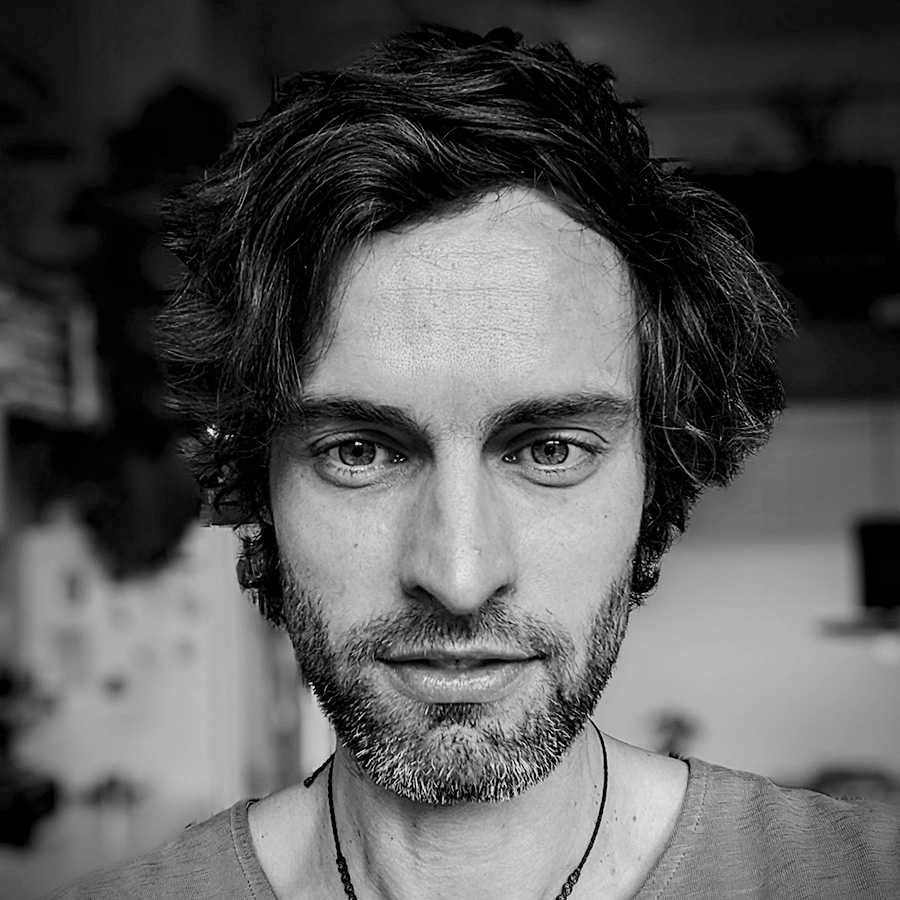
Thieme Hennis
Researcher and partner at social innovation enterprise And The People. He has a background in systems science and a PhD in self-organization as a pedagogical approach. He works on realizing regenerative living environments and making the Community Land Trust model prevalent in the Netherlands.
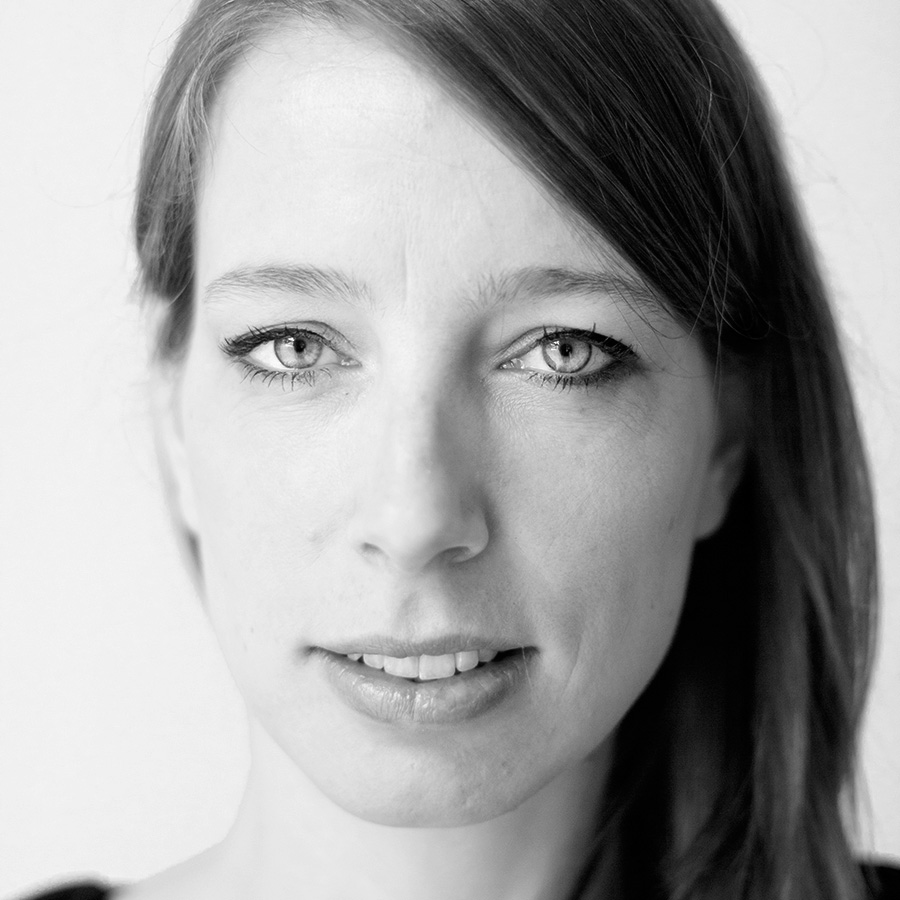
Marieke Kums
Founder of STUDIO MAKS, an architecture studio where she works primarily on public buildings and housing. She studied at MIT and TU Delft, where she graduated cum laude. Since 2021, she has been a professor at the Faculty of Architecture at Leibniz University Hannover, where she conducts research on affordable housing.
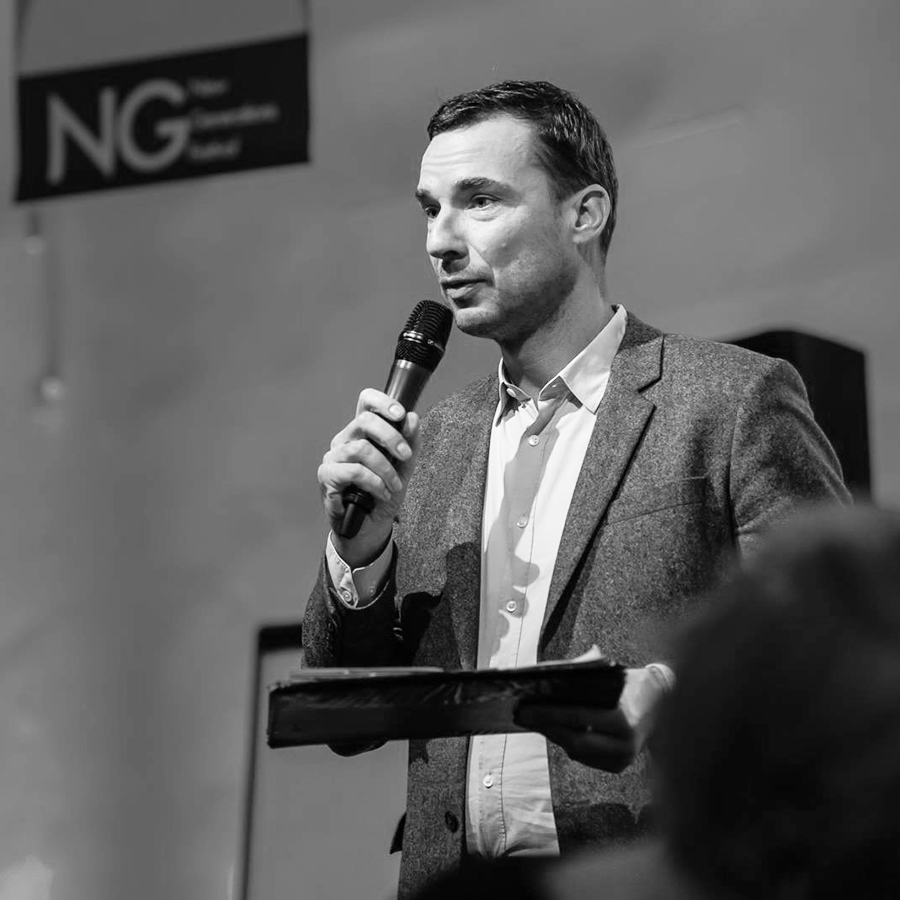
Chris Luth
Leads conversations: he facilitates processes related to vision, strategy and organizational development; he is a leadership trainer and coach; and he teaches at several architecture schools, including TU Delft. He was also an architect and curator for international projects at the former Netherlands Architecture Institute.
Nederlands
Het debat maakte deel uit van een drietal publieke events rondom het thema Anders Werken Aan Wonen, als onderdeel van het gelijknamige programma van het Stimuleringsfonds Creatieve Industrie. Tijdens deze events hebben vooraanstaande sprekers uit het vakgebied samen met het publiek in discussie gegaan over één van de grootste ruimtelijke vraagstukken van dit moment: de woonopgave en hoe deze kan worden aangepakt. Hierbij bevroegen we de status quo, zochten we naar alternatieven en stelden samen de agenda voor de toekomst. En omdat de wooncrisis een landelijk probleem is, vonden de debatten plaats door heel het land.
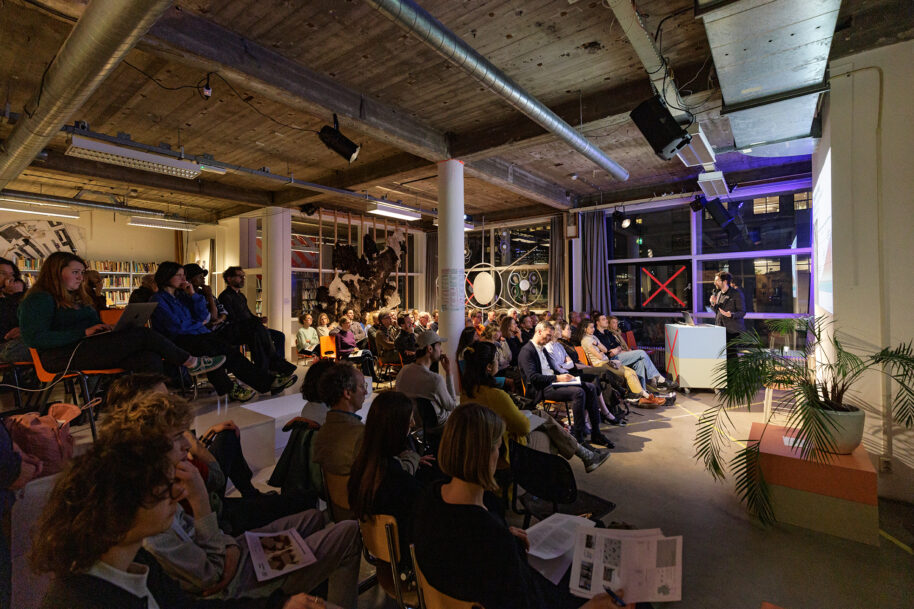
Tijdens Alternatieven voor eigenaarschap lichtten we onderwerpen uit die voortkomen uit de projecten Kansen voor het Community Land Trust model in Nederland van And The People, De wooncoöperatie: Learning from… Germanyvan Marieke Kums, Designing Solidarity door Lukas Engelhart en De zachte kaart van Oostenburg door Urhahn Urban Design. In het gesprek bevroegen we welke andere mogelijkheden er zijn náást de dominante, gebruikelijke vormen van woningbezit. We keeken naar bestaande en nieuwe woonconstructies die georganiseerd zijn rondom ‘het delen’ of ‘the commons’ – zoals wooncoöperaties, co-housing en co-living, Community Land Trusts en kraken – maar ook naar hoe het gevoel van eigenaarschap in de woonomgeving wordt gecreëerd.
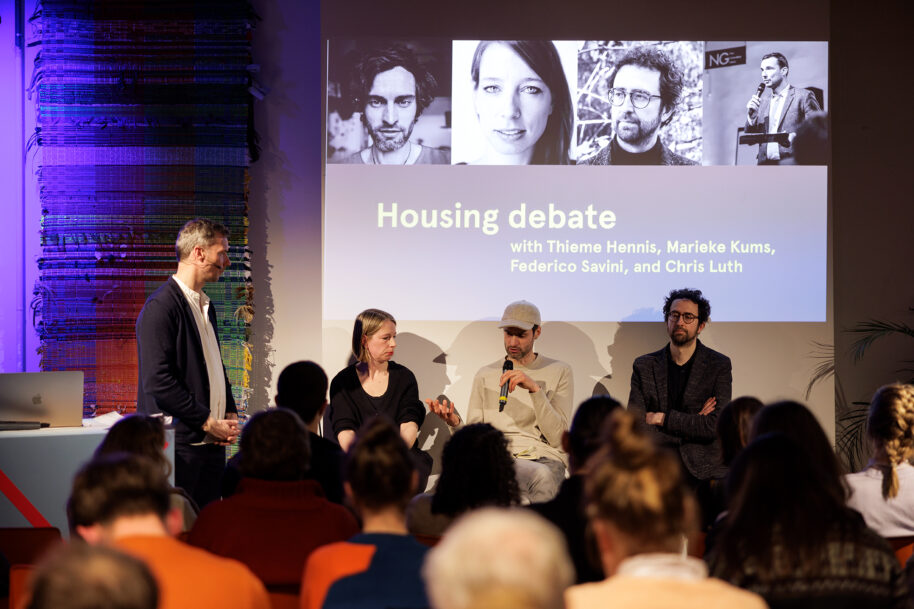
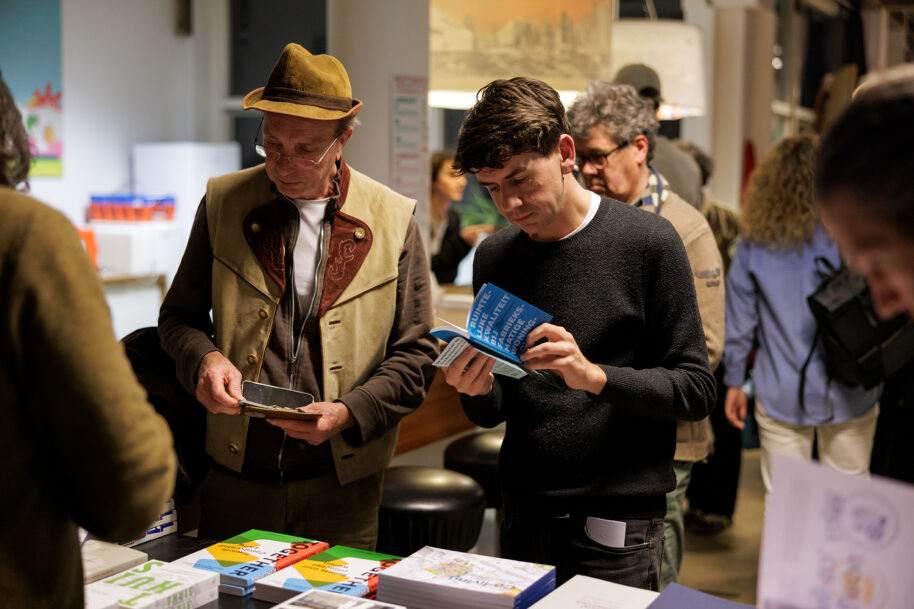
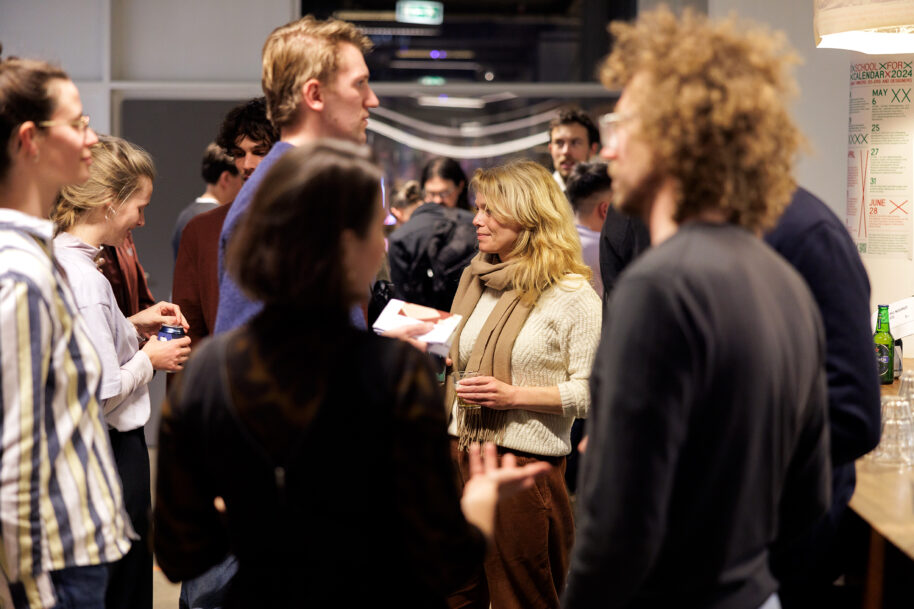
De avond werd georganiseerd rondom twee voorbeelden uit de praktijk en een theoretisch perspectief. Onderzoeker Thieme Hennis deelde zijn visie op de ontwikkeling van Community Land Trusts in Nederland en architect Marieke Kums liet zien verschillende hybride vormen van coöperatief wonen. Allebei lichtten toe hoe deze eigendomsvormen kunnen uitgroeien van een ideaal tot een geleefde realiteit, door het aan de kaak stellen van aspecten als financiering, wetgeving en organisatiesystemen. Daarnaast Federico Savini, universitair hoofddocent aan de Universiteit van Amsterdam, reflecteerde op de toekomst van huisvesting vanuit het perspectief van de-growth in de ruimtelijke ordening. In een afsluitend gesprek onder leiding van Chris Luth dachten de sprekers en het publiek na over wat er nu gedaan kan worden om het beschikbare spectrum van verschillende vormen van woningbezit te verbreden.
